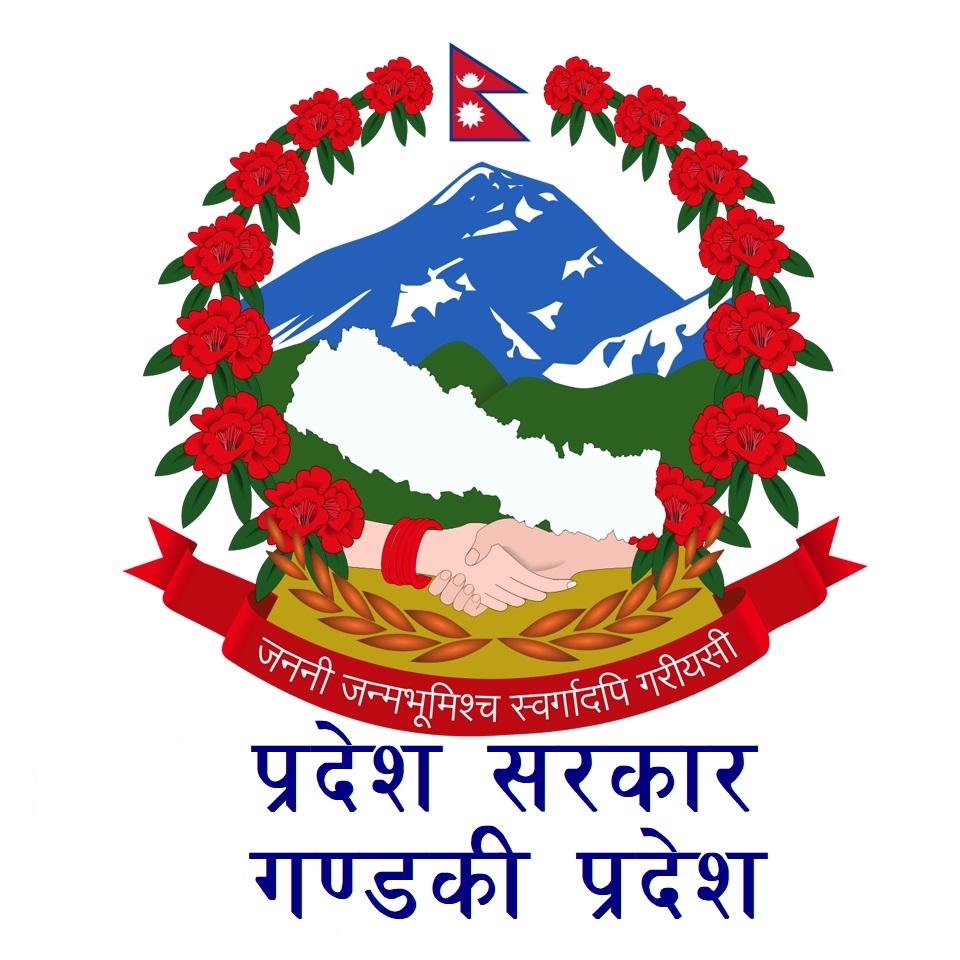
Debate on Higher Education Policy Ignites in Gandaki Province Assembly: Jurisdiction and Rights Discussed
The policy and program presented by Gandaki Province Chief Prithviman Gurung in the Gandaki Province Assembly on June 4th, 2023, has sparked a lively discussion among political leaders. The main opposition party UML's leader, Khagraj Adhikari, expressed sarcastic remarks about the government's policy of subsidizing higher education, which he believes falls outside the province's jurisdiction. Adhikari specifically criticized the program of granting funds to community campuses, arguing that secondary level education belongs to the local level, while higher education is the responsibility of associations.
The argument raised concerns about the jurisdiction and authority of the province, as higher education is listed as one of the single rights of the province. Despite this, Adhikari insisted that the province should not interfere in matters that do not fall within its purview. As the debate unfolded, members of the provincial assembly remained silent, carefully listening to the arguments presented.
During a half-hour adjournment, a UML MP expressed their disappointment, questioning the chief minister's knowledge of constitutional provisions. They pointed out that someone who had served as a central minister twice and as a chief minister should have been well-informed and articulated their views based on constitutional grounds. Meanwhile, the chief minister's official repeatedly referenced the constitution, emphasizing that their actions were in line with its provisions.
The Constitution of Nepal, in Schedule 6, outlines the individual rights of the provinces. This includes 21 subjects related to Articles 57, 197, 231, 232, 274, and 296, where point 8 specifically mentions provincial universities, higher education, libraries, and museums. Building upon this, the Gandaki state government incorporated the "State Government with Community Campus" policy in point 42 of its program. This policy aims to provide grants to community campuses based on their capacity and performance.
In response to the policy and program, a government official likened it to a "Bhimkaya Hatti" - an attempt to cover a wide range of subjects but resulting in a disjointed plan. The official highlighted the province's struggle to exercise its rights fully and noted that the government intended to bring locally operated hospitals under provincial control. Specific examples mentioned were the Anpapeepal hospital in Gorkha and the Burtibang Health Center in Baglung, both of which would be integrated into the provincial government's management.
The leader of the opposition party argued that the province does not possess the authority to mine minerals but can only protect them. Point 108 of the policy program discusses the facilitation of establishment, development, and expansion of industries related to mineral production and construction. The official emphasized the importance of respecting jurisdictional boundaries and protecting the rights granted to different levels of governance.
The official also criticized the government's narrowed focus on certain aspects while neglecting others. They mentioned the absence of crucial elements such as tourism, Kholasother (a specific location), and cow farming, as well as the lack of implementation of the investment conference, the disaster management fund, and border crossing arrangements. It was suggested that the government should adopt a more comprehensive approach and address the needs and expectations of the citizens.
Another concern raised by the official was the apparent copying of a policy from the Union's own policy document. Point 93 of the program mentions studying the feasibility of cannabis cultivation for medicinal and industrial purposes, mirroring the Union's policy. The official expressed surprise at the inclusion of a floating solar program in a province with significant hydropower potential, raising the question of its practicality given the absence of a suitable body of water like the sea.
During the discussion, various political leaders shared their perspectives on the policy and program. Dr. Takaraj Gurung of the Nepali Congress stated that the policy and program serve as the foundation for the second five-year plan. Kusum Budha Pun, chief whip of the Maoist Center, praised the program for providing a clear blueprint for building a better society. They noted, however, the absence of scholarships for schools named after martyrs of the Janyudh, a reference to an armed conflict, and the need to rectify this omission.
Bindu Pahari of the RPP criticized the fragmented nature of the policies and programs, highlighting the lack of coordination and a cohesive vision. Pahari emphasized the importance of finding solutions to the citizens' problems rather than merely using slogans to color the budget. Suggestions were made to ensure equitable development in the upcoming budget.
Ganeshman Gurung from UML criticized the policies and programs, describing them as incomplete and inadequate. Gurung emphasized the need for a more comprehensive and inclusive approach to promote equitable development. Namdu Gurung of the Congress expressed skepticism regarding the fulfillment of promises made by the chief minister, particularly regarding the opening of Corolla Naka in Mustang. Concerns were raised about the lack of a sustainable water source in Upper Mustang villages, challenging the feasibility of the government's "one house, one stream" initiative.
The discussion involved several other participants, including Bimala Gauchan, Tikakumari Basyal, Ved Bahadur Gurung, Munindrajung Gurung, Shyamraj Mahat, Dilmaya Pauvi, Rekha Gurung, Drona Bahadur Kunwar, and Parvati Tamang. Each offered unique perspectives and suggestions during the debate on the policy and program presented by Gandaki Province Chief Prithviman Gurung.
Published on 7th June 2023
Gandaki Pradesh




